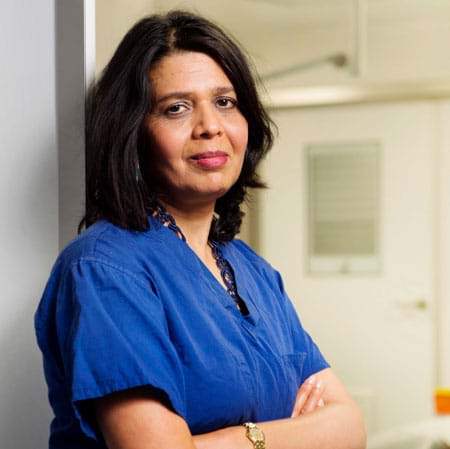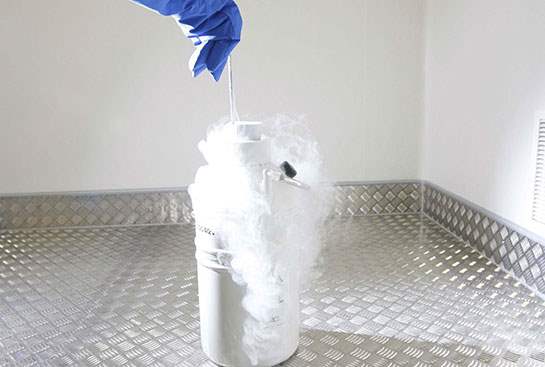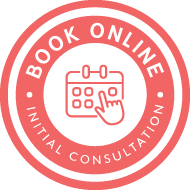Egg freezing is a method of fertility preservation, which allows women to freeze eggs for later use. It is a medical procedure. Women undergoing egg freezing generally take injections (ovarian stimulation drugs) for around 2 weeks to mature more eggs before they are collected in a short theatre procedure. Some patients may require more than one cycle of treatment to freeze a good number of eggs for future use.
If you are considering freezing your eggs it is important that you make an informed choice after discussing efficacy, safety and the costs. If you have any further questions about egg freezing after reading through this information, please contact our team who will be happy to help. We recommend that you also visit our regulators website the HFEA for more information.









